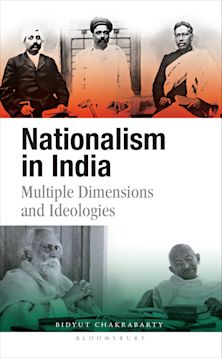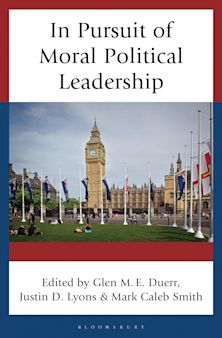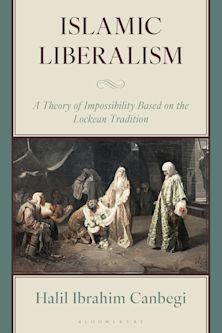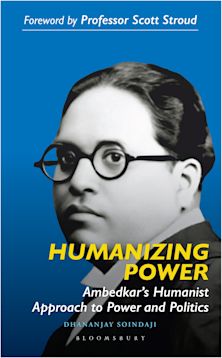- Home
- ACADEMIC
- Politics & International Relations
- Political Ideologies
- Extraterritorial Citizenship in Postcommunist Europe
Extraterritorial Citizenship in Postcommunist Europe
Extraterritorial Citizenship in Postcommunist Europe
You must sign in to add this item to your wishlist. Please sign in or create an account
Description
What role does the protection of citizens abroad play in motivating states’ policies? How does citizenship of non-residents map onto domestic nation-building projects? And in what ways do extraterritorial citizenship issues differ from those related to diaspora and migration?
This volume develops a new analytical framework for emerging research on how states establish relationships with non-resident citizens and resident non-citizens. It provides new insights on the changing relationship between states and the societies they govern, particularly in light of the liberalization of the state institutions on the one hand and their approach to citizenship as a political resource on the other. Examining a range of European states in the post-communist region, the book illustrates the complex geopolitical interests and interstate relations involved with these policy decisions, whilst highlighting the relevance of similar issues around the globe.
Table of Contents
Product details
| Published | Sep 29 2015 |
|---|---|
| Format | Ebook (Epub & Mobi) |
| Edition | 1st |
| Extent | 224 |
| ISBN | 9781783483648 |
| Imprint | Rowman & Littlefield Publishers |
| Illustrations | 1 Table |
| Publisher | Bloomsbury Publishing |
About the contributors
Reviews
-
This volume examines the relationship between states and the citizens they govern, particularly non-resident citizens and resident non-citizens. Using a sample of states in post-communist Europe, this book seeks to illustrate how extraterritorial citizenship has been used as a tool for nation building, securitisation and foreign policy.
Survival: Global Politics and Strategy
-
Timofey Agarin and Ireneusz Pawel Karolewski have produced a fascinating book about extraterritorial citizenship that is very topical in the light of the 2014 Ukraine–Russia crisis.
Nationalism and Ethnic Politics
-
This is a long overdue study of citizenship granted to ethnic co-nationals beyond state borders. The case studies meticulously outline citizenship policies in post-Communist Europe in terms of their domestic and international justifications and the bottom up responses. This volume is not just important for understanding policies of citizenship and nationalism in Central and Eastern Europe, but also raises important questions about the increasing incongruence of citizenship and residence across Europe.
Florian Bieber, Professor of Southeast European Studies, University of Graz
-
This volume should be of great interest to scholars and policy-makers interested in the future of citizenship and democratic government in post-communist Europe. The essays included reflect deep knowledge about the way “extraterritorial citizenship” has become an important dimension of the restructuring of state-society relations. These analyses contribute significantly to our understanding about changes in the meanings of sovereignty and the relationship between political institutions and the individuals and social groups within them.
Zsuzsa Csergo, Associate Professor of Political Studies, Queen's University
-
Citizenship is usually associated with the rights of the individual, civic nationalism, and liberal democracy. This book reveals that the practice of extraterritorial citizenship allows postcommunist societies to seize the concept and use it as a tool for perpetuating collectivistic ethnic nationalism, characteristic of their communist past. This remarkable contribution introduces an important corrective to, and deepening of, our understanding of contemporary Europe.
Liah Greenfeld, Professor of Sociology, Political Science, and Anthropology, Boston University


































